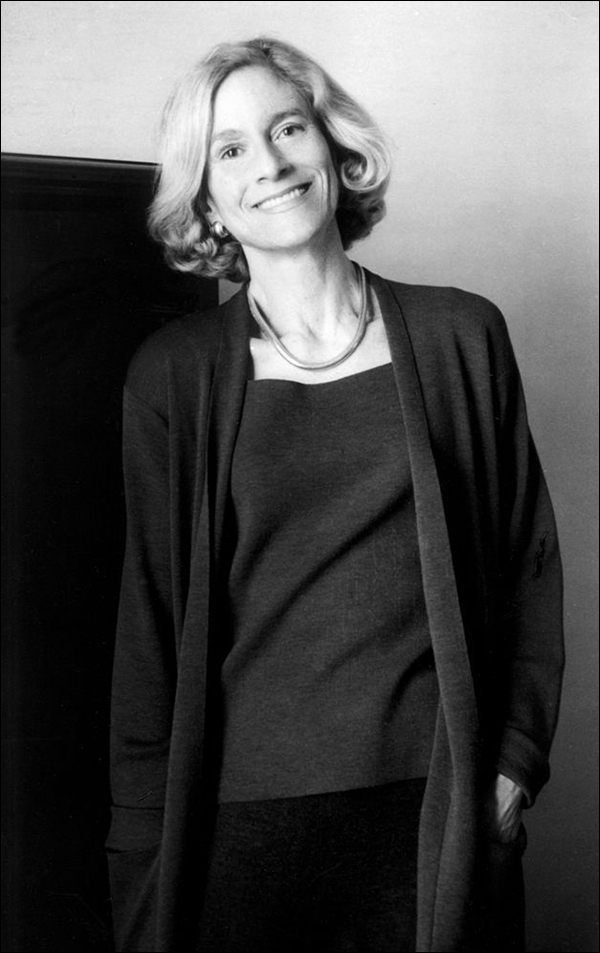What basic minimum should all governments provide for their citizens, and what particular problems arise when calls for sexual equality clash with the claims of religion or family? Martha Nussbaum has proposed a new kind of feminism which she calls genuinely international. In honor of the 30th Anniversary of Penn’s Women’s Studies Program, join us as one of the world’s most distinguished social ethicists explains why international political and economic thought must be sensitive to gender difference as a problem of justice, and why feminist thought must begin to focus on the problems of women in the third world.
Martha Nussbaum is the Ernst Freund Distinguished Service Professor of Law and Ethics, an appointment jointly held in the philosophy department, law school, and divinity school at the University of Chicago. She also is an associate in the classics and the political science departments, an affiliate of the Committee of Southern Asian Studies, a board member of the Human Rights Program, and founder and coordinator of the new Center for Comparative Constitutionalism. She has taught at Harvard, Brown, and Oxford Universities, and was a research advisor at the World Institute for Development Economics Research, Helsinki, a part of the United Nations University.
As a philosopher, Nussbaum's work has focused on ancient Greek philosophy, contemporary moral and political philosophy, feminism, and the connections between philosophy and literature. She holds an M.A. and a Ph.D. from Harvard and has been awarded 18 honorary degrees. A prolific author, her work includes the award-winning Cultivating Humanity: A Classical Defense of Reform in Liberal Education (Harvard University Press, 1998) and Sex and Social Justice (Oxford University Press, 1999). In 2001, she received a Faculty Award for Excellence in Graduate Teaching from the University of Chicago. Her work in progress includes The Cosmopolitan Tradition, Beyond Social Contract: Toward Global Justice, and Compassion and Capabilities.
Ernst Freund Distinguished Service Professor of Law and Economics
University of Chicago



